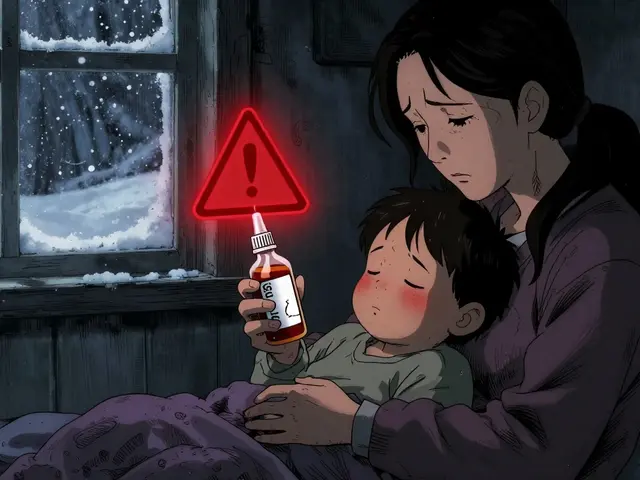Major Depressive Disorder – What It Is and How to Get Help
If you’ve felt a heavy cloud over your thoughts for weeks or months, you might be dealing with major depressive disorder (MDD). It’s more than feeling sad; it’s a medical condition that changes how you think, feel and act. The good news is that MDD is treatable, and many people start feeling better once they get the right help.
Common Signs You Might Be Facing Major Depression
Everyone experiences low mood now and then, but MDD shows up with a set of persistent symptoms. Look out for these red flags:
- Feeling sad, empty or hopeless most days for at least two weeks.
- Losing interest in activities you once enjoyed – hobbies, work, even time with friends.
- Changes in sleep: insomnia, waking up early, or sleeping way too much.
- Noticeable shifts in appetite or weight – eating a lot less or more than usual.
- Low energy that makes simple tasks feel exhausting.
- Difficulty concentrating, remembering things, or making decisions.
- Thoughts of guilt, worthlessness or even thoughts about self‑harm.
If you notice several of these symptoms together and they’re messing with daily life, it’s time to consider a professional evaluation.
Treatment Paths That Actually Work
There isn’t a one‑size‑fits‑all cure for MDD, but most people improve with a mix of therapy, medication and lifestyle tweaks. Talk therapy – especially cognitive‑behavioral therapy (CBT) – helps you spot negative thought patterns and replace them with healthier ones. Many find that weekly sessions give structure and a safe space to sort out feelings.
Antidepressant medicines like SSRIs (for example, fluoxetine or sertraline) can balance brain chemicals that influence mood. It usually takes a few weeks to feel the benefits, so patience is key. Your doctor will start you on a low dose and adjust as needed to keep side effects minimal.
Simple daily habits also play a big role. Regular exercise – even a 20‑minute walk – releases endorphins that lift mood. Eating balanced meals with plenty of fruits, vegetables and lean protein supports brain health. Reducing alcohol and avoiding recreational drugs prevents them from worsening depressive symptoms.
Staying connected matters too. Reach out to friends or family members you trust; isolation can make depression feel tighter. If you’re not ready for face‑to‑face chats, online support groups or helplines are a good start.
Remember, getting help is a sign of strength, not weakness. Schedule an appointment with a primary care doctor or mental health professional as soon as you can. They’ll guide you through options, answer questions and set up a plan that fits your life.
Major depressive disorder may feel overwhelming, but it’s manageable with the right tools. By spotting symptoms early, seeking therapy, considering medication when appropriate, and making small lifestyle changes, many people regain control and start enjoying life again.
Grief and depression look similar but are fundamentally different. Learn how to tell them apart, recognize when grief becomes prolonged, and find the right support for real healing.
As someone who's experienced the challenges of Major Depressive Disorder, I can't stress enough how beneficial support groups have been for me. These safe spaces allow individuals to openly share their experiences and gain valuable insights from others facing similar challenges. Not only do support groups foster a sense of belonging, but they also provide a wealth of resources and coping strategies. Additionally, they offer the opportunity to build long-lasting friendships, which is crucial for combating isolation and loneliness. Overall, support groups play a vital role in promoting mental health and improving the quality of life for those with Major Depressive Disorder.









